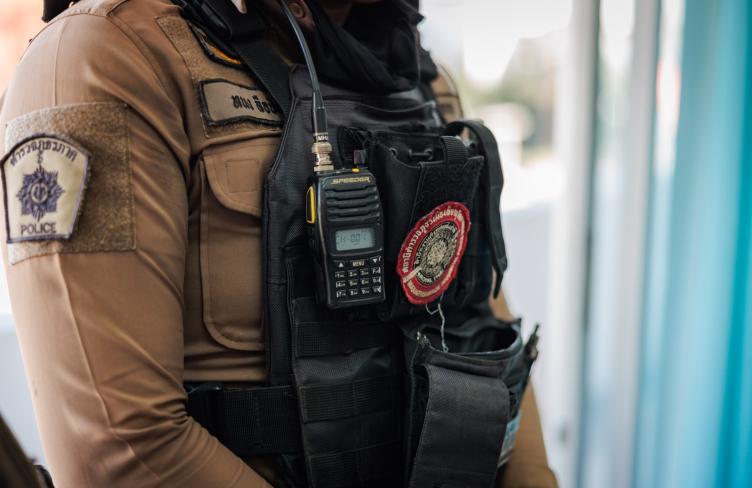
What do we mean when we talk about independence of National Human Rights Institutions? Everyone talks about it but it is often unclear just what this word means or how you can really be sure it fits, particularly as the least independent institutions are often those that talk about it most.
The Paris Principles are a good starting point. Indeed, the whole system of accreditation through the International Coordinating Committee for NHRIs is built on the guidance that these principles provide. The Principles, however, don’t go into much detail. We have to look a bit deeper, and even go beyond their basic criteria to get a good understanding of what independence really means. This blog tries to do this by looking at the issue under three broad headings: institutional, operational, and personal independence.
Institutional and financial independence is about the relationship between NHRIs and other State and non-State bodies. The key thing is that NHRIs are independent of the institutions that they are tasked to oversee and report to, as well as from those that allocate their funding. Because NHRIs usually have broad mandates to look at human rights issues relating to all bodies that have some kind of public authority, this can be tricky to manage. Ensuring that the institution has a rock-solid legal basis as well as making sure the law provides for adequate and stable funding may have the greatest impact. These two things can shield NHRIs from retaliatory reductions or reallocations in their funds or the threat that they be restructured or even abolished.
Operational (or functional) independence includes a number of elements. The first of these relates to an NHRI’s programme of work and their ability to conduct ‘own motion’ investigations. This is the power to look into systemic or hidden issues without waiting for a complaint or referral. In the case of torture, this may be particularly important, given that victims may never complain or contact an oversight institution for fear of reprisals.
A second facet of operational independence is the ability of NHRIs to decide how they conduct their work: how they spend their time and money, what procedures they use for investigations, and how they plan their activities. A key part of this is the independence to pursue matters to their conclusion, without interference from another body that may wish to suspend or stop the NHRI’s work.
A third aspect of operational independence is about releasing reports and recommendations. These might include annual reports, as well as reports on specific cases or thematic areas. This also means the ability to speak freely to the press and public, as well as the existence of robust protections from legal or other liability.
A fourth ingredient is access to information. Information has been called “the lifeblood” of oversight institutions and, without it, NHRIs cannot be effective. Some NHRIs have very strong powers to access classified and otherwise confidential information, to subpoena both people and documents, and to require testimony under oath or affirmation. With regard to torture, the power to visit all places of detention, including without notice, is a key access to information power. A correlated power is the ability of NHRIs to hire or work with external experts where they see it as necessary. This can be crucial when dealing with complex or technical information or cases, such as investigating allegations of torture, where in house expertise (for example, in medicine or forensics) may not be available.
Personal independence is about the fact that those who hold office are (and are perceived to be) neutral, impartial, independent and accountable. The personal independence of officeholders and staff is crucial because without it, it becomes very hard for NHRIs to speak out critically, for fear that their statements will be seen as political. The officeholders of NHRIs are often elected by parliament from among candidates who meet strict criteria and qualifications. It is good practice if these criteria are publically available before any process begins. These processes are also most effective when a wide range of stakeholders (including civil society), is involved in proposing candidates and in establishing the criteria that are used. The security of position and tenure of staff also contributes to their independence. In the best cases, this usually means a legally established tenure of office, clear procedures for appointment and removal and narrowly defined criteria for when an officeholder can be removed.
In conclusion, it is worth underlining one further aspect that goes beyond just rules, structures and powers. It is the perception of independence. It isn’t enough that NHRIs are independent, they need to be seen to be so. Without this perception, they can never be effective. At some point, both government and civil society will probably disagree with the NHRI but what they should never be able to do is to call into question its impartiality. Even small things (such as sitting with the State delegation at treaty body sessions) can create the impression that they are on the same side. And that is the special thing about NHRIs, the thing that makes them so unique and so important for human rights. They aren’t on the side of the state. But they aren’t on the side of civil society either. They are in the middle. They are independent.
And that’s how it should be.

